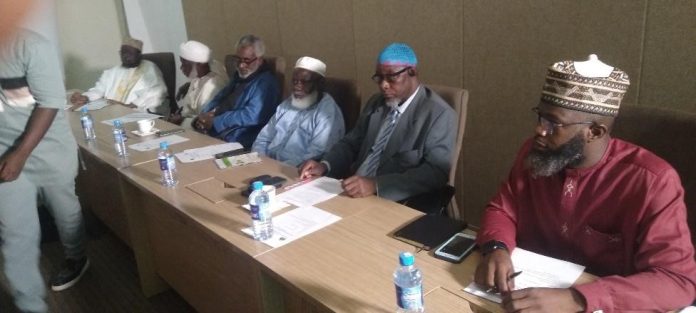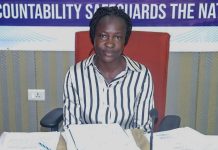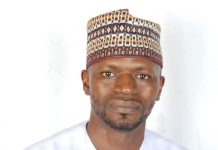By Kebba AF Touray
The Management of the Supreme Islamic Council (SIC) on Monday appeared before the National Assembly’s Committee on Religious Affairs to present a comprehensive report on the “Waqf” Endowment Program, following a benchmarking visit to Senegal held on 19th May 2025.
“Waqf,” an Arabic term meaning endowment or mortmain property, refers to a permanent and inalienable charitable donation under Islamic law. It involves dedicating property—such as land, buildings, or other assets—for religious or charitable purposes, with the donor relinquishing all ownership rights. The assets can never be reclaimed, and their purpose is to benefit the public, typically in areas such as education, health, and social welfare.
Presenting on behalf of SIC, Dr. Burama L. Jammeh, a member of the Council’s Finance Committee, highlighted the purpose of their mission to Senegal, which included plenary sessions and field visits to various waqf project sites. He said the visit was aimed at acquiring knowledge and insights to help replicate and implement similar programs in The Gambia.
“We successfully completed a range of knowledge-sharing and learning activities through a combination of plenary presentations, in-depth discussions, and strategic field visits,” Dr. Jammeh explained.
He stated that the delegation gained a comprehensive understanding of Senegal’s legal and institutional framework for waqf and closely studied several public and private waqf investment initiatives.
“The visit also exposed us to the operational and strategic aspects of waqf practices in Senegal, including investment strategies, public engagement, support from the Islamic Development Bank’s Regional Cooperation Program, and capacity-building approaches,” he added.
Dr. Jammeh said they observed the wide-ranging beneficiaries of waqf initiatives in Senegal, including vulnerable children, youth, women, the education and health sectors, and communities requiring access to clean water and sanitation.
Key lessons learned, he outlined, included a clear understanding of waqf concepts and implementation modalities, the importance of inclusive legal frameworks, standardised establishment procedures, and diversified investment strategies.
He emphasised the role of Parliament in the successful implementation of waqf, noting, “During our visit, we realized that the National Assembly in Senegal played a pivotal role in drafting and tabling a national waqf bill.”
The Council’s recommendations include the establishment of a national waqf authority with a clear mandate for regulation, supervision, and support for both public and private waqf initiatives.
“We also recommend that the Ministry of Finance formally request support from the Islamic Development Bank under its regional cooperation program on waqf for capacity-building, project co-financing, and institutional development,” he proposed.
Dr. Jammeh concluded, “Waqf has high potential to address social welfare needs. Legislative and institutional reform is key, and strong political and parliamentary support is essential to realize the objectives of the waqf program in The Gambia.”
Following the presentation, other members of the SIC echoed Dr. Jammeh’s appeal and urged the National Assembly, through the Religious Committee, to expedite the introduction, promotion, and implementation of the waqf program.
Members of the Religious Committee welcomed the initiative and expressed their commitment to supporting the realization of the waqf program’s objectives in The Gambia.



















